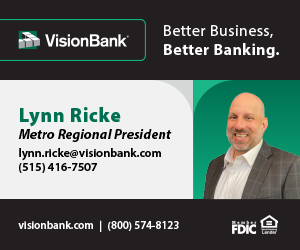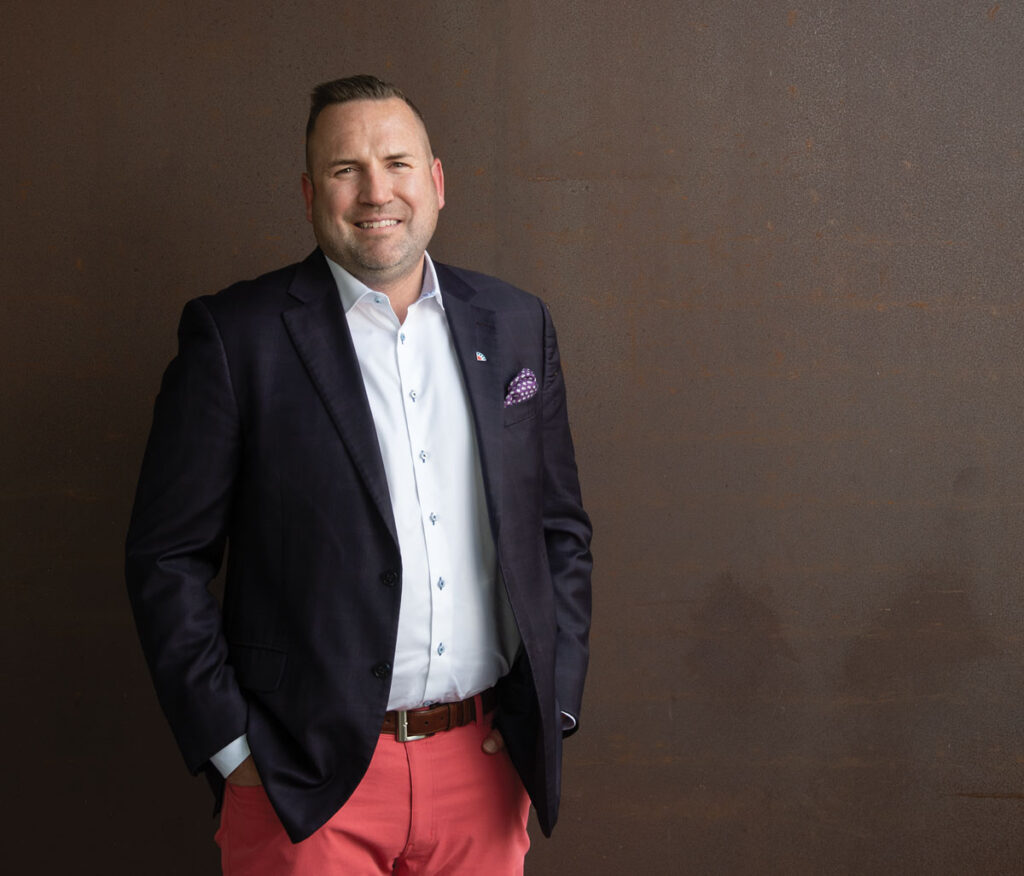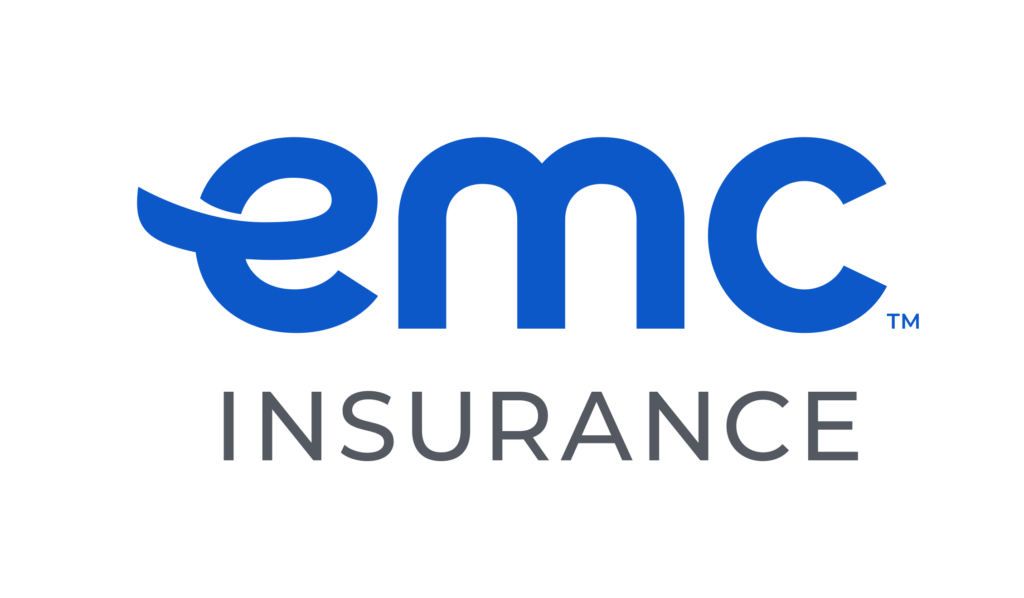A Closer Look: Shazia Manus

Tell me about your early background.
The culture, my family and the values that I grew up with definitely defined the type of person I’ve become. In Bangladesh, I gained confidence, self-respect and I would say a strong sense of can-do attitude at an early age. At 17, I actually started my own tutorial business, giving math, English and science lessons to students grade six and above. I started several other businesses over time – a boutique store with two of my girlfriends, and a cafeteria supplying box lunches to one of the largest public schools in Bangaladesh. It was not easy doing any of those in a culture that relegates women as a sort of second-class estate.
So your family didn’t hold to those attitudes?
My grandfather in the 1960s was an economic adviser for the World Bank and he also held high positions in the government, so we had the privilege of education and a global perspective, so that fostered some of those beliefs early on. But culturally, you still lived by those norms, and he made my mother follow the traditional values. … But I think probably because of my drive, he allowed me to pursue some of my own aspirations.
Was it your grandfather who led you to economics?
His career actually was in finance, not economics. He always encouraged me as a child; I would see those newsletters from the World Bank. So the seeds for pursuing higher education in economics was definitely inspired by my grandfather in so many ways.
How did you come to the United States?
My older brother was already at Iowa State University in engineering; because of the cultural values of making sure an unmarried girl stays close to some male guardian, I was encouraged to come to Iowa State. I transferred from Dhaka University, came here in the fall of 1997 and graduated in the fall of 1998.
Why did you choose credit unions as a career?
Microfinancing is huge in Bangaladesh; it gave a lot of entrepreneurial spirit empowerment to the poor and single women and it’s become sort of a global model that’s been replicated across the globe. After I graduated, I felt that the guiding principles of a community-centric financial institution, whether a credit union or community bank, were really attractive to me.
What are your leadership priorities with TMG?
A strong aspect of The Members Group that attracted me was its people-centric service culture. The culture is really what I have come to hold true to my heart as a person and a professional, and I have seen that it works. TMG’s promise is creating successful partnerships; that has been the cornerstone of this institution for many decades, and we show that through every relationship that we build. That definitely will continue to be a defining principle for me as we move forward.
What’s your philosophy on volunteer service?
Volunteerism is kind of in my DNA. I think at times I stretch myself too thin because I have a hard time saying no. The communities need more volunteer spirit; I just believe in that. I have equally reaped from that, by learning about different types of business models. (With TMG), I will continue as a volunteer, and will encourage people within TMG to be involved to position TMG as a pacesetter.
Tell me about your family.
I’m married; my husband works for the Iowa Department of Transportation office of design. He’s worked there about 18 or 19 years. I have one son, Ezra. He was actually born the day after 9/11 in 2001. His name means “a new day.” It was such a sad day for so many, but for me it was one of the happiest days of my life. Reflecting on what his name means gave me that hope that we are stronger and that we have a lot to look forward to … and each birthday, I try to remind of him of what his name means.








